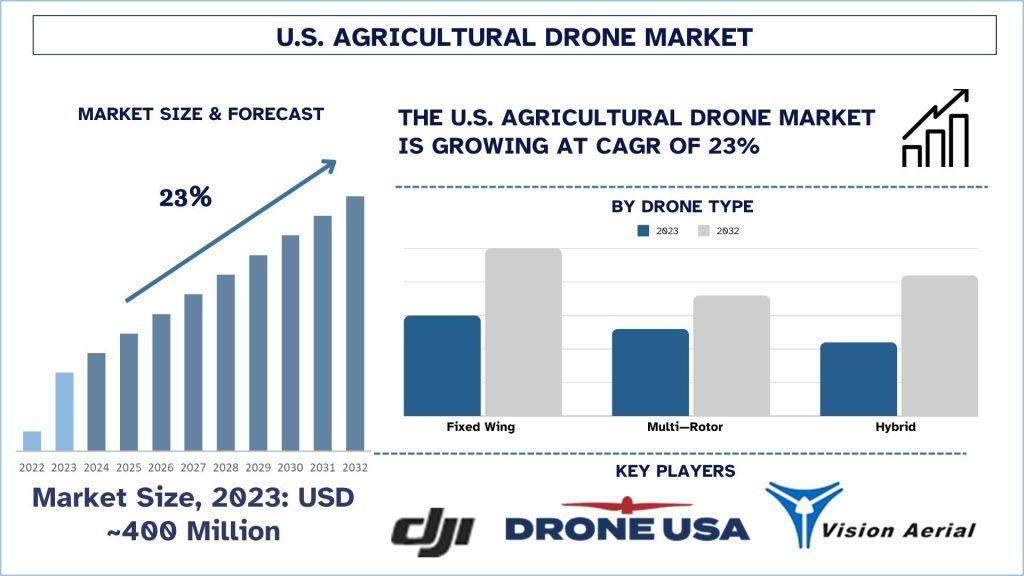Best Android App Development Frameworks in 2025

Android app development has seen significant advancements in recent years, with new frameworks emerging to enhance performance, security, and user experience. Choosing the right framework is crucial for businesses looking to create high-quality apps efficiently. Whether you're a startup or an established enterprise, leveraging the latest frameworks can streamline the development process and improve the functionality of your mobile applications.
In this article, we'll explore the best Android app development frameworks in 2025, focusing on their features, benefits, and use cases. If you are considering custom web and app development, selecting the right framework is essential to ensuring success.
1. Flutter
Flutter, developed by Google, remains one of the top choices for Android app development in 2025. It is an open-source UI toolkit that allows developers to create natively compiled applications for mobile, web, and desktop from a single codebase.
Key Features:
-
Uses the Dart programming language
-
Provides a rich set of customizable widgets
-
Ensures smooth animations and high-performance rendering
-
Supports hot reload for faster development
-
Strong community support and frequent updates
Why Use Flutter?
Flutter is ideal for businesses looking for cross-platform solutions that provide a native-like experience. Companies offering android app development services prefer Flutter due to its flexibility and cost-effectiveness.
2. React Native
React Native, developed by Facebook, continues to be a popular choice for Android app development in 2025. It allows developers to build cross-platform applications using JavaScript and React.
Key Features:
-
Uses a single codebase for Android and iOS
-
Offers a vast library of third-party plugins
-
Enables faster development with reusable components
-
Provides native-like performance with direct access to native APIs
Why Use React Native?
React Native is perfect for businesses looking for rapid development and a large developer community. Many mobile application development services providers opt for React Native to build scalable and cost-effective solutions.
3. Kotlin Multiplatform
Kotlin Multiplatform is gaining traction as a modern solution for Android development. It allows developers to share code across different platforms while maintaining a native experience.
Key Features:
-
Seamless integration with existing Android apps
-
Reduces development time by sharing logic across platforms
-
Offers high-performance and type safety
-
Backed by JetBrains and officially supported by Google
Why Use Kotlin Multiplatform?
If your goal is to enhance the efficiency of custom web and app development, Kotlin Multiplatform provides a seamless approach to reusing code while ensuring native-level performance.
4. Jetpack Compose
Jetpack Compose is a modern UI toolkit introduced by Google for building native Android apps. It simplifies UI development with a declarative approach.
Key Features:
-
Reduces boilerplate code with a reactive programming model
-
Seamlessly integrates with existing Android projects
-
Provides powerful layout and animation tools
-
Supports Material Design for enhanced UI/UX
Why Use Jetpack Compose?
For developers focusing solely on Android applications, Jetpack Compose offers a more intuitive way to build complex user interfaces quickly and efficiently.
5. Xamarin
Xamarin, backed by Microsoft, remains a strong choice for Android development in 2025. It enables developers to use C# and .NET for cross-platform mobile applications.
Key Features:
-
Uses a single codebase for Android, iOS, and Windows
-
Provides near-native performance
-
Fully integrates with Visual Studio
-
Offers access to native APIs and UI components
Why Use Xamarin?
Businesses looking for enterprise-level android app development services often choose Xamarin for its robustness and seamless integration with Microsoft’s ecosystem.
6. NativeScript
NativeScript is an open-source framework that allows developers to build native mobile applications using JavaScript, TypeScript, or Angular.
Key Features:
-
Provides direct access to native APIs
-
Supports Angular and Vue.js for web developers
-
Allows for high-performance and native UI components
-
Offers hot module replacement for efficient debugging
Why Use NativeScript?
NativeScript is an excellent choice for developers who want full access to native APIs while using JavaScript-based frameworks for app development.
7. Apache Cordova
Apache Cordova (formerly PhoneGap) remains relevant for hybrid mobile application development. It allows developers to create apps using HTML, CSS, and JavaScript.
Key Features:
-
Enables quick prototyping and development
-
Offers access to native device capabilities via plugins
-
Supports multiple platforms with a single codebase
-
Has a large community and plugin ecosystem
Why Use Apache Cordova?
Businesses looking for cost-effective mobile application development services can use Apache Cordova to build functional apps with web technologies.
Conclusion
Choosing the right Android app development framework in 2025 depends on your business goals, budget, and technical requirements. Flutter and React Native are excellent for cross-platform development, while Jetpack Compose and Kotlin Multiplatform offer native Android experiences. Xamarin, NativeScript, and Apache Cordova provide additional flexibility for different project needs.
Whether you're investing in custom web and app development or looking for android app development services, leveraging the best frameworks will help you build efficient, scalable, and high-performing mobile applications.
By staying updated with the latest development frameworks, businesses can ensure they deliver seamless and innovative experiences to their users.






